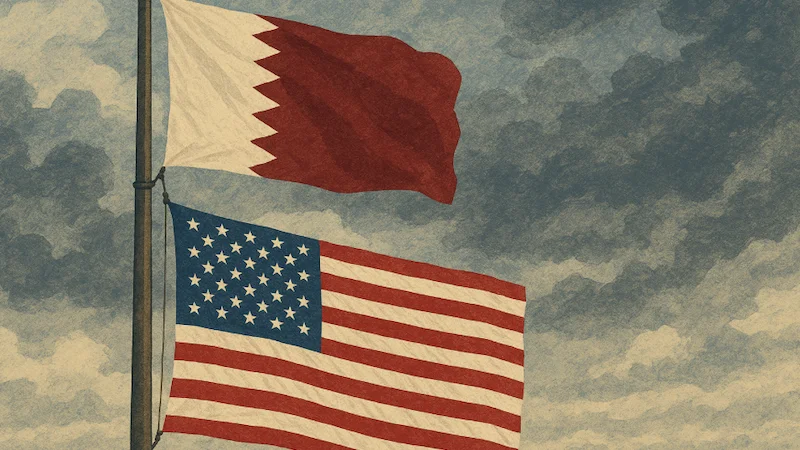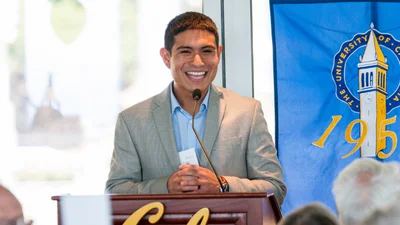Prime Minister Benjamin Netanyahu’s apology to Qatar last week for striking Hamas leaders in Doha—communicated by a phone call from the White House—marked a new era in Qatar’s extraordinary diplomatic rise.
The nation has for years been criticized as a funder of anti-American causes and groups, including Hamas and other militant groups that have waged war on Israel. Qatar even today allows Hamas leaders to reside in its country, far from Gaza where they likely would not survive Israel’s offensive.
Qatar's access to corridors of power in the U.S. is a result of the gas-rich nation’s generous gifts and targeted investments. In May, Qatar donated a Boeing 747-8 to the U.S. government for presidential use. Qatar’s prime minister called it “a normal thing that happens between allies” (Reuters), though the value of the gift is unmatched in U.S. history.
Qatar’s sovereign wealth fund, the Qatar Investment Authority, has funneled billions of dollars into the American economy to buy real estate, invest in American tech, and align with key financial players. In 2024, Qatar joined an Abu Dhabi fund to invest in projects associated with Jared Kushner. (Reuters).
Qatar’s efforts began years earlier. When Saudi Arabia and the U.A.E. imposed a blockade on Qatar in 2017, the Qataris hired dozens of U.S. lobbyists and consulting firms, spending more than $250 million to recast itself as a dependable U.S. partner, according to the Quincy Institute. By 2021, U.S. mediation helped end the blockade.
Qatar has also invested heavily in American universities. Between 2001 and 2021, Qatar contributed roughly $4.7 billion to our universities, more than any other foreign nation. The funds guarantee access to research, pay for endowed chairs, and support new campuses of elite American institutions such as Georgetown, Cornell, Texas A&M, Northwestern, and Carnegie Mellon in Doha’s Education City.
Qatar says the partnerships foster cross-cultural understanding. But the funding and access to American institutions also shape how Middle East politics is taught and discussed in the U.S.
The question should be whether the aim is to soften American resolve for Western values that until recently included siding with Israel and other allies against the most radicalized Islamist movements that have the U.S. in their sites. Either way, Doha has made itself a fixture in America’s intellectual life—funding the very spaces where policy and analysis are formed.
Taken together, Qatar’s strategies—the lavish gifts, the strategic investments, the lobbying, the university funding—reveal an effective approach to power-politics. Qatar is embedding itself in America’s political, economic, and cultural networks. The most recent payoffs are the Netanyahu apology, followed days later by President Trump's executive order stating that any armed attack on Qatar will be treated as a threat to U.S. peace and security.
The Qatar campaign is a case study in modern statecraft—using national wealth to build familiarity and buy favor. The result is a growing domestic comfort with Qatar in the U.S. that blunts questions about Qatar's aims.
When foreign money saturates our economy, universities, and political circles, it quietly reshapes views Americans hold about the world. Transparency and oversight are antidotes. America needs tighter rules on foreign investments, open databases of university funding, and restrictions on diplomatic gifts.
Qatar has shown how modern influence works in global affairs. It’s up to the United States to decide what lessons it will embrace—and how much of the Qatari campaign it can afford to ignore.








